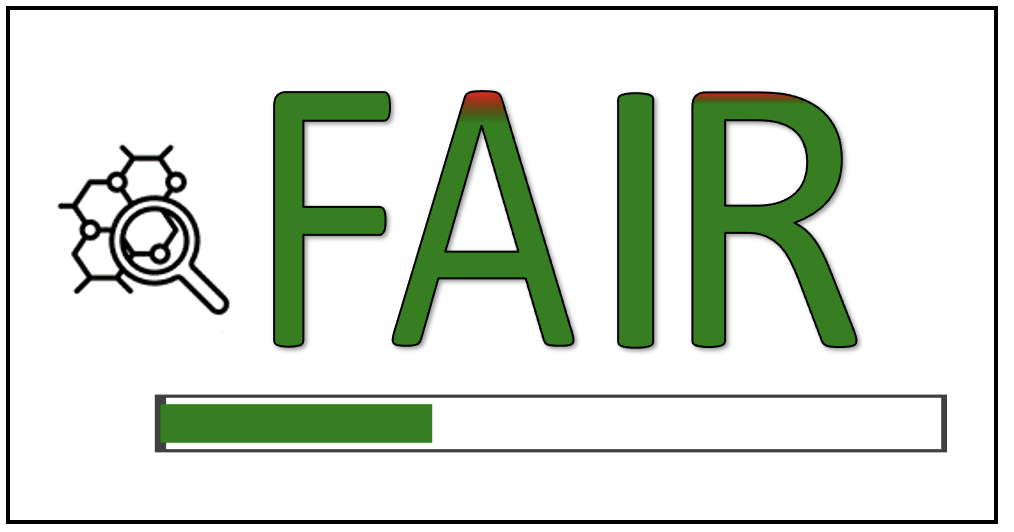The course aims to provide an introduction to the field of bioinformatics, with a focus on important bioinformatics tools, and resources. The course aims to use a combination of theoretical and practical sessions in order for participants to gain practical experience in using various tools and resources.
The course is aimed at individuals from a molecular biology background who have a basic understanding of biochemistry and/or genetics and would like to become bioinformatics users. For an explanation on who 'bioinformatics users' might be, see Figure 2 in http://journals.plos.org/ploscompbiol/article?id=10.1371/journal.pcbi.1003496. A baseline level of the understanding of the central dogma of biology (DNA -> RNA -> Protein) is a requirement.
After this workshop participants should be able to:
- Explain the use of bioinformatics
- Name the key bioinformatics techniques and tools
- Locate important biological databases and retrieve data
- Use selected tools effectively to run specific bioinformatics analyses
- Understand the strengths and limitations of the various techniques
Classroom applications
Participant applications
Syllabus and Tools
The course curriculum will cover the following main themes (subject to slight changes):
- Bioinformatics resources and databases
- Introduction to bioinformatics, biological databases and resources (NCBI and EBI), data formats, ontologies
- Linux
- Introduction to Linux, general overview of Linux environment, overview of command line interface, navigating Linux directory structure, manipulating files and directories, basic Linux commands
- Sequence alignment theory and applications
- Introduction to searching and sequence alignment, BLAST, pairwise sequence alignment
- Multiple sequence alignment (MSA)
- MSA theory, generating and interpreting MSAs using various tools, visualising and assessing MSA quality
- Genomics
- Overview of sequencing and annotation, Ensembl genome browser, Genetic variation, HapMap, 1000 genomes
- Molecular evolution and phylogenetics
- Molecular evolution, phylogenetic approaches and methods (Introduction and overview of methods)
**All modules make use of predominantly web-based tools such as NCBI, Ensembl, etc.
Course limitations
This workshop will only provide a foundation for continued learning in bioinformatics and will not teach any advanced coding.
Training material availability
Training materials for this course are available here: https://zivahub.uct.ac.za/projects/Introduction_to_Bioinformatics_Training_Course_Materials/131552. Should you re-use any of these materials, please ensure that both the author/s of the material AND H3ABioNet are clearly credited.
Materials have been made available as a single archive per module containing lecture slides, transcribed videos, practical assignments and any other resources important to complete each module:
Module 1: Databases and Resources
Module 4: Multiple Sequence Alignment
Module 6: Phylogenetics (2018 - 2021)
Module 6: Structural Biology (2016 only)





